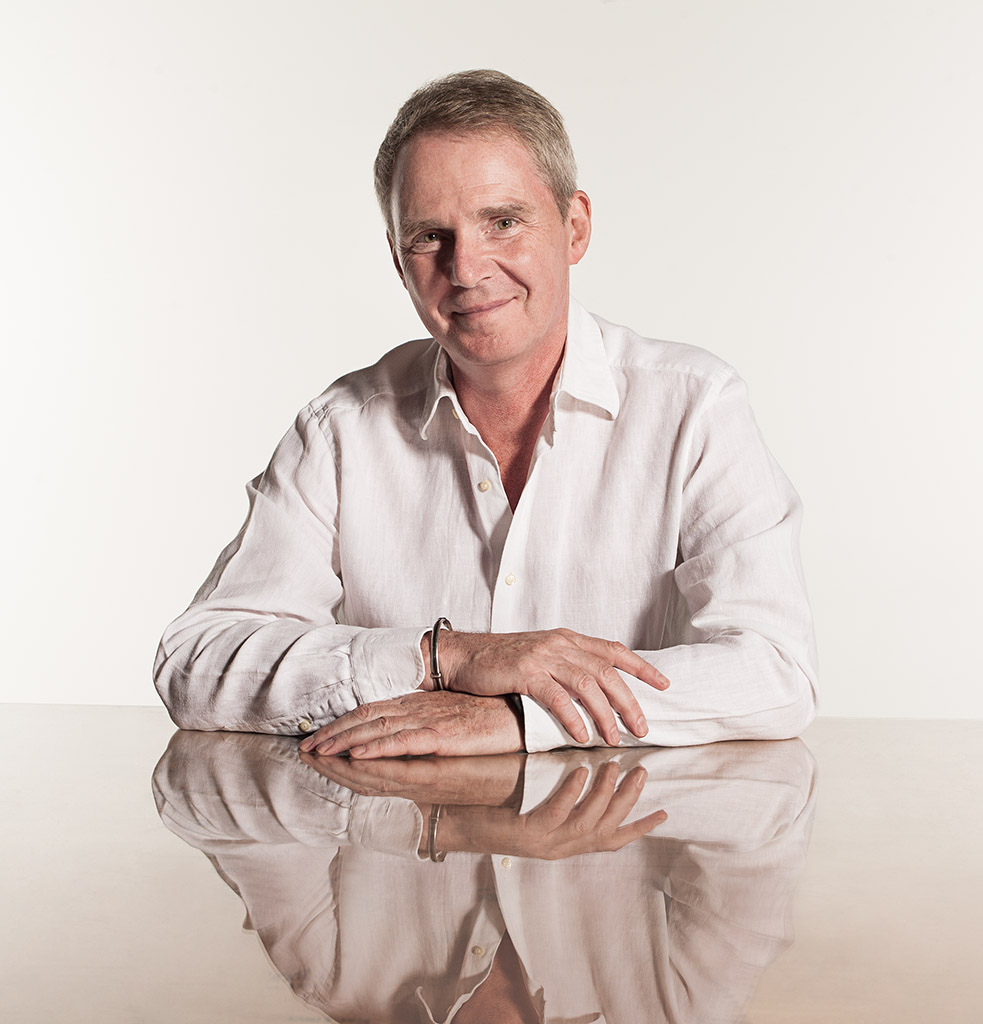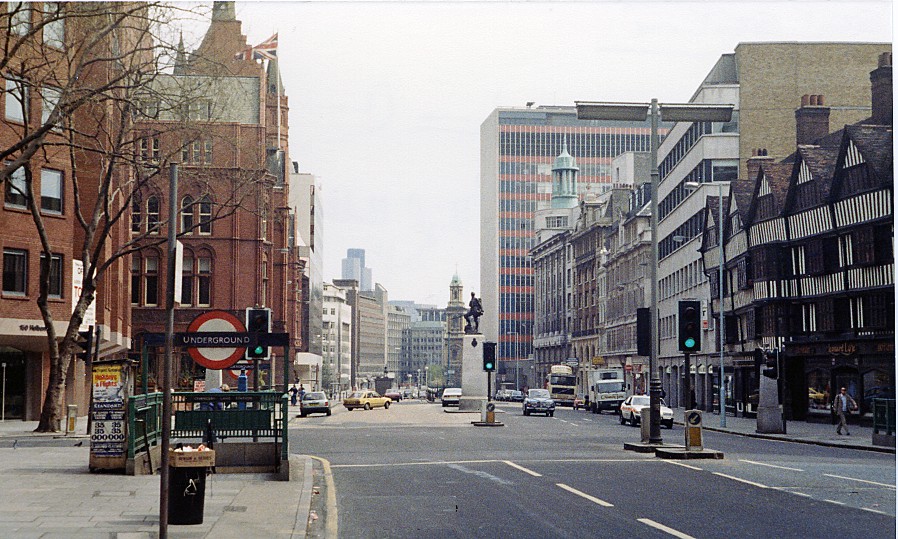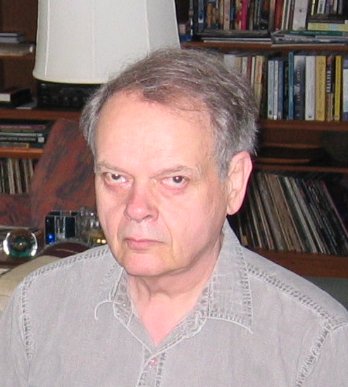|
Advanced Programming Group
The Advanced Programming Specialist Group (APSG) is a Specialist Group (SG) of the ''British Computer Society'' (BCS). It held its first meeting, when it was referred to as "BCS Study Group No. 5", at Bishop's House, High Holborn, London WC1, England on 17 December 1959. It has met continuously in London since then, generally on the second Thursday of the months from October to May each year. APSG seeks to explore new developments in programming languages, runtime environments, programming tools, multicore processors, mobile platforms and end user interfaces which are important to today's real world applications. Past chairmen of the Group were Ewart Willey (first chairman 1959–1974), Prof. Peter King (1974–1980), Peter Prowse (1980–1982), Prof. John Florentin (1982–2010), Prof. Geoff Sharman (2010-2014), and Rob Packwood (2014-2016). The current chairman is Prof Algirdas Pakštas. From time to time, the Group holds joint meetings with other BCS SGs and Branches, for ex ... [...More Info...] [...Related Items...] OR: [Wikipedia] [Google] [Baidu] |
British Computer Society
Sir Maurice Wilkes served as the first President of BCS in 1957 BCS, The Chartered Institute for IT, known as the British Computer Society until 2009, is a professional body and a learned society that represents those working in information technology (IT) and computer science, both in the United Kingdom and internationally. Founded in 1957, BCS has played an important role in educating and nurturing IT professionals, computer scientists, computer engineers, upholding the profession, accrediting chartered IT professional status, and creating a global community active in promoting and furthering the field and practice of computing. Overview With a worldwide membership of 57,625 members as of 2021, BCS is a registered charity and was incorporated by Royal Charter in 1984. Its objectives are to promote the study and application of communications technology and computing technology and to advance knowledge of education in ICT for the benefit of professional practitioners a ... [...More Info...] [...Related Items...] OR: [Wikipedia] [Google] [Baidu] |
High Holborn
High Holborn ( ) is a street in Holborn and Farringdon Without, Central London, which forms a part of the A40 route from London to Fishguard. It starts in the west at the eastern end of St Giles High Street and runs past the Kingsway and Southampton Row, becoming Holborn at its eastern junction with Gray's Inn Road. The western stretch as far as Drury Lane, was formerly known as Broad Street. On High Holborn, traffic (including cycles and buses) flows one-way westbound from its junction with Drake Street to its western end, and flows both ways for the remainder. The nearest London Underground stations are Tottenham Court Road, Holborn, and Chancery Lane, all on the Central line which runs beneath High Holborn. Landmarks along High Holborn include the Cittie of Yorke, at no. 22, and the Embassy of Cuba, at no. 167. The street was a "Feature site" for introduction of the Camden bench. High Holborn is the highest point in the City of London. At 22 metres (72 feet) above s ... [...More Info...] [...Related Items...] OR: [Wikipedia] [Google] [Baidu] |
London
London is the capital and largest city of England and the United Kingdom, with a population of just under 9 million. It stands on the River Thames in south-east England at the head of a estuary down to the North Sea, and has been a major settlement for two millennia. The City of London, its ancient core and financial centre, was founded by the Romans as '' Londinium'' and retains its medieval boundaries.See also: Independent city § National capitals The City of Westminster, to the west of the City of London, has for centuries hosted the national government and parliament. Since the 19th century, the name "London" has also referred to the metropolis around this core, historically split between the counties of Middlesex, Essex, Surrey, Kent, and Hertfordshire, which largely comprises Greater London, governed by the Greater London Authority.The Greater London Authority consists of the Mayor of London and the London Assembly. The London Mayor is distinguished fr ... [...More Info...] [...Related Items...] OR: [Wikipedia] [Google] [Baidu] |
England
England is a country that is part of the United Kingdom. It shares land borders with Wales to its west and Scotland to its north. The Irish Sea lies northwest and the Celtic Sea to the southwest. It is separated from continental Europe by the North Sea to the east and the English Channel to the south. The country covers five-eighths of the island of Great Britain, which lies in the North Atlantic, and includes over 100 smaller islands, such as the Isles of Scilly and the Isle of Wight. The area now called England was first inhabited by modern humans during the Upper Paleolithic period, but takes its name from the Angles, a Germanic tribe deriving its name from the Anglia peninsula, who settled during the 5th and 6th centuries. England became a unified state in the 10th century and has had a significant cultural and legal impact on the wider world since the Age of Discovery, which began during the 15th century. The English language, the Anglican Church, and Engli ... [...More Info...] [...Related Items...] OR: [Wikipedia] [Google] [Baidu] |
BCS-FACS
BCS-FACS is the BCS ''Formal Aspects of Computing Science'' Specialist Group. Overview The FACS group, inaugurated on 16 March 1978, organizes meetings for its members and others on formal methods and related computer science topics. There is an associated journal, ''Formal Aspects of Computing'', published by Springer, and a more informal ''FACS FACTS'' newsletter. The group celebrated its 20th anniversary with a meeting at the Royal Society in London in 1998, with presentations by four eminent computer scientists, Mike Gordon, Tony Hoare, Robin Milner and Gordon Plotkin, all Fellows of the Royal Society. From 2002–2008 and since 2013 again, the Chair of BCS-FACS has been Jonathan Bowen. Jawed Siddiqi was Chair during 2008–2013. In December 2002, BCS-FACS organized a conference on the ''Formal Aspects of Security'' (FASec'02) at Royal Holloway, University of London. In 2004, FACS organized a major event at London South Bank University to celebrate its own 25th anniversary ... [...More Info...] [...Related Items...] OR: [Wikipedia] [Google] [Baidu] |
Computer Conservation Society
The Computer Conservation Society (CCS) is a British organisation, founded in 1989. It is under the joint umbrella of the British Computer Society (BCS), the London Science Museum and the Manchester Museum of Science and Industry. Overview The CCS is interested in the history of computing in general and the conservation and preservation of early British historical computers in particular. The society runs a series of monthly public lectures between September and May each year in both London and Manchester. The events are detailed on the society's website. The CCS publishes a quarterly journal, ''Resurrection''. The society celebrated its 25th anniversary in 2014. Dr Doron Swade, formerly the curator of the computing collection at the London Science Museum, was a founding committee member and is the current chair of the society. David Morriss, Rachel Burnett, and Roger Johnson are previous chairs, also all previous presidents of the BCS. Projects The society organises ... [...More Info...] [...Related Items...] OR: [Wikipedia] [Google] [Baidu] |
Organizations Established In 1959
An organization or organisation (Commonwealth English; see spelling differences), is an entity—such as a company A company, abbreviated as co., is a legal entity representing an association of people, whether natural, legal or a mixture of both, with a specific objective. Company members share a common purpose and unite to achieve specific, declared ..., an institution, or an Voluntary association, association—comprising one or more person, people and having a particular purpose. The word is derived from the Greek word ''organon'', which means tool or instrument, musical instrument, and Organ (anatomy), organ. Types There are a variety of legal types of organizations, including corporations, governments, non-governmental organizations, political organizations, international organizations, armed forces, charitable organization, charities, not-for-profit corporations, partnerships, cooperatives, and Types of educational institutions, educational institutions, e ... [...More Info...] [...Related Items...] OR: [Wikipedia] [Google] [Baidu] |
1959 Establishments In The United Kingdom
Events January * January 1 - Cuba: Fulgencio Batista flees Havana when the forces of Fidel Castro advance. * January 2 - Lunar probe Luna 1 was the first man-made object to attain escape velocity from Earth. It reached the vicinity of Earth's Moon, and was also the first spacecraft to be placed in heliocentric orbit. * January 3 ** The three southernmost atolls of the Maldive Islands, Maldive archipelago (Addu Atoll, Huvadhu Atoll and Fuvahmulah island) United Suvadive Republic, declare independence. ** Alaska is admitted as the 49th U.S. state. * January 4 ** In Cuba, rebel troops led by Che Guevara and Camilo Cienfuegos enter the city of Havana. ** Léopoldville riots: At least 49 people are killed during clashes between the police and participants of a meeting of the ABAKO Party in Kinshasa, Léopoldville in the Belgian Congo. * January 6 ** Fidel Castro arrives in Havana. ** The International Maritime Organization is inaugurated. * January 7 – The United States reco ... [...More Info...] [...Related Items...] OR: [Wikipedia] [Google] [Baidu] |
Software Engineering Organizations
Software is a set of computer programs and associated documentation and data. This is in contrast to hardware, from which the system is built and which actually performs the work. At the lowest programming level, executable code consists of machine language instructions supported by an individual processor Processor may refer to: Computing Hardware * Processor (computing) **Central processing unit (CPU), the hardware within a computer that executes a program *** Microprocessor, a central processing unit contained on a single integrated circuit (I ...—typically a central processing unit (CPU) or a graphics processing unit (GPU). Machine language consists of groups of Binary number, binary values signifying Instruction set architecture, processor instructions that change the state of the computer from its preceding state. For example, an instruction may change the value stored in a particular storage location in the computer—an effect that is not directly observable t ... [...More Info...] [...Related Items...] OR: [Wikipedia] [Google] [Baidu] |



